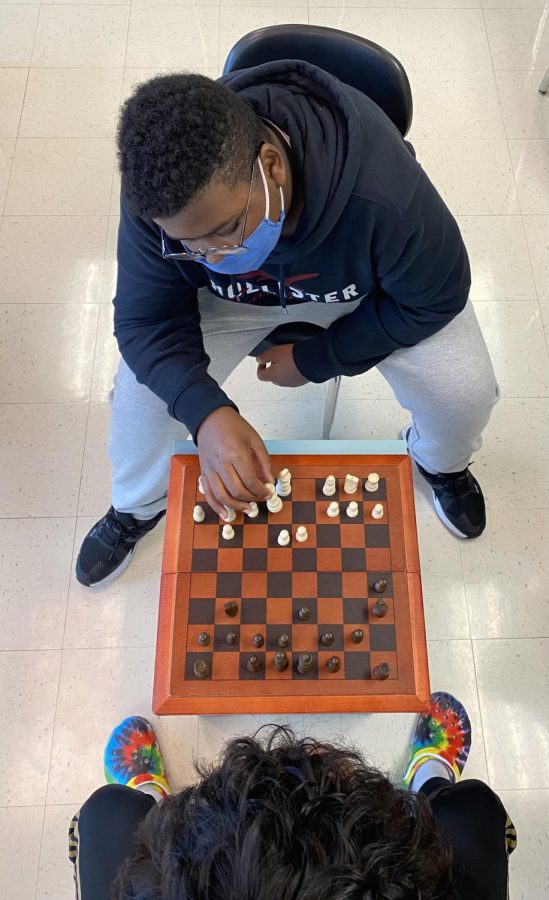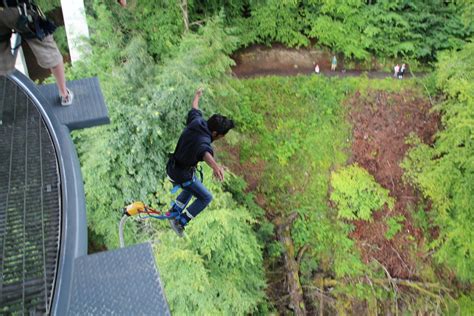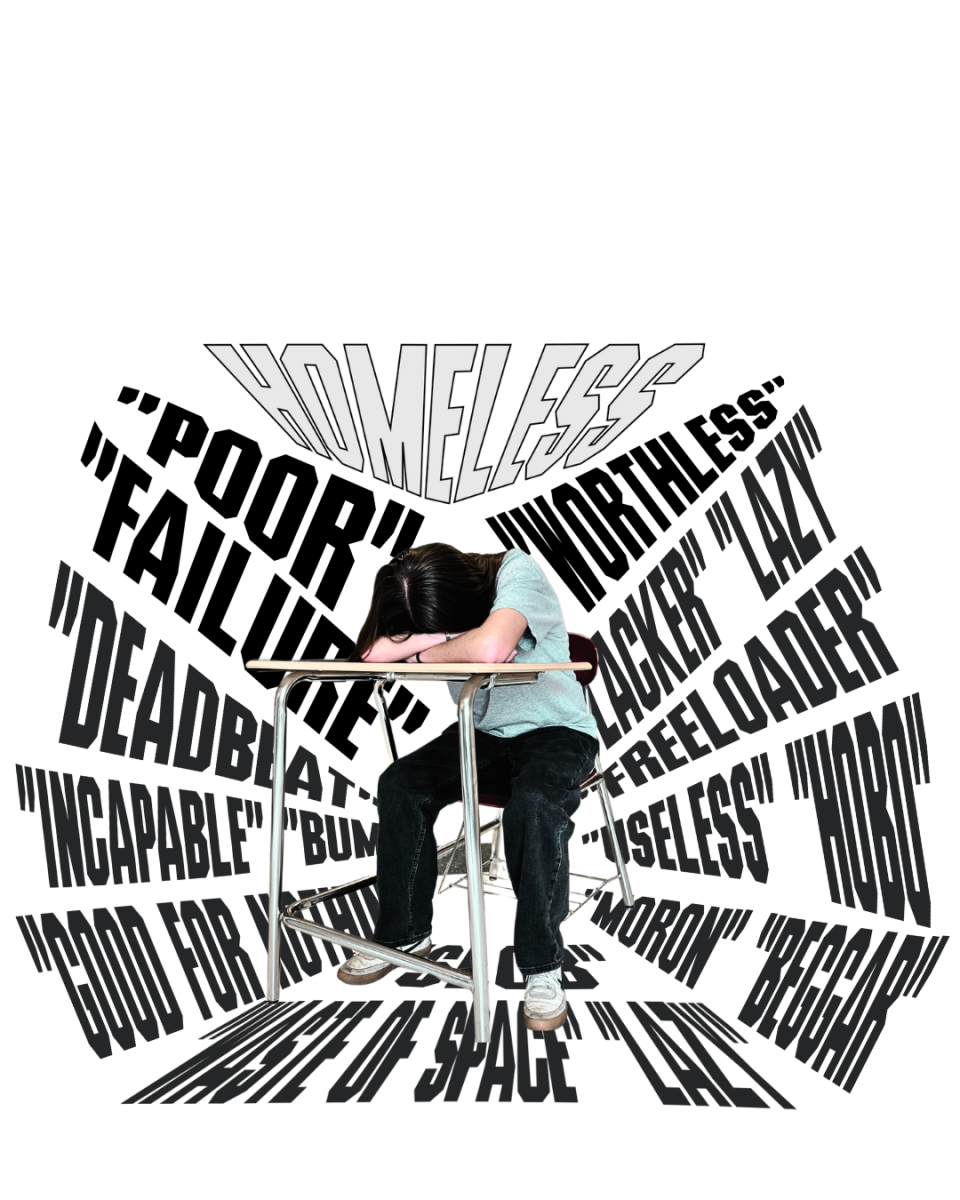Want to start your own club? Here’s how to do it
Franklin Smith-Fullwood, an officer of Chess Club, plays against another student. Photo by Devon Helmer.
January 15, 2022
This previously ran in our December 2021 print issue.
With the brand new EHS Chess Club’s first meeting occurring last week, students may wonder what exactly it takes to form a new club.
According to Matt Spengler, the Assistant Director of Athletics and Activities, a number of steps are required, starting with the students.
“The first thing you would want to do would be to gain student interest. So a list of names, signatures…,” Spengler said. “There is no set number [of signatures]. Just get as many people as you can.”
In addition to student interest, the name of a possible club advisor needs to be given. If the advisor is not a faculty member, they must go to Human Resources to get the proper clearances, Spengler said. After the advisor is cleared, a club information sheet is filled out by the students organizing the club. Then, the proposal for the club is submitted to the East Penn School Board, where the final approval is completed.
However, some club advisors are not getting paid to stay after school for clubs.
“Some advisors aren’t getting paid because when I started here three years ago, I was told by the Business Office that whenever there’s a club that disappears…I can replace that club to be a paid position,” explained Spengler. “When there’s a club that is a paid position that disappears…then that person who is waitlisted, and then that club will get moved up [to be a paid position].”
Jessica Saliby, the advisor for Gratitude Club, explains how the club was created. Some former students asked her to be the advisor for a new community service-based club they wanted to create. Saliby accepted, but has yet to receive a paycheck for these services, as she is still on the waiting list to be paid.
“Would it be nice to go ahead and get a paycheck? Sure. It is a decent amount of work to get everything set up, to correspond with the students, to help them, especially because it’s new and there’s no structure to it,” Saliby said.
However, Saliby did go on to say she did not mind this because she saw staying after school for the club as “a way to help out” students she has had in the past and help the community as well.
There are currently nine club advisors who are not getting paid for staying after school, said Spengler. Chess Club is the latest in this line of clubs whose advisors are not receiving compensation for graciously volunteering their time and energy to after-school activities.











